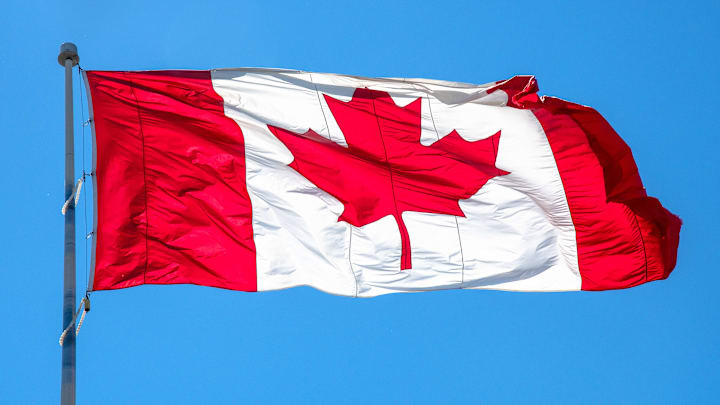I come bearing good news! The Writers Guild of Canada (WGC) and the Canadian Media Producers Association (CMPA) have settled on a new Independent Production Agreement (IPA). As such we are not in for another summer strike like last year. Though, to be clear, the calling of a strike would have been a last resort.
When I spoke to WGC Executive Director Victoria Shen about the unprecedented strike authorization vote, she'd shared that the vote was a means of getting back to the bargaining table. In the union's 33 years such a vote had never had to been called before. However, the CMPA also had never let an IPA lapse into expiration and stay there for months either. At the time of our interview, the two entities had been in negotiations for six months and weren't making progress.
Shen stated the union had three main concerns: fair compensation, minimum staffing, and AI protection. These were some of the key issues the Writers Guild of America were striking for here at home. In Canada, the fair compensation bid was an effort to increase the pay of writers on animated titles as they make less than scribes on live-action projects.
Minimum staffing had to do with a push away from minirooms which are a threat to the craft of screenwriting as they do not allow for writers to get necessary training, practical knowledge, experience with producing. This is how they go from staff writing to showrunning. If there's no path toward that goal, the profession cannot grow and the art will suffer. The WGC called for at least one staff writer, other than the showrunner, to be on set throughout production.
As for AI protection, they wanted their work not to be stolen to train AI, to receive the appropriate credit and compensation for their work, and for writers not robots to be writing series. With an agreement reached, Shen had the following to say in a press release announcing the new deal:
"We are pleased to have reached a fair agreement with the CMPA that will protect the
livelihoods of our screenwriter members and maintain stability in the Canadian film and
television industry. We feel the new agreement includes important protections for Canadian screenwriters and balances the concerns of our producer partners."
Said agreement is a three year contract that has been sent to the CMPA's Board of Directors, and distributed by the WGC, to be ratified. When weighing in on the deal, Sean Porter, the CMPA’s Vice-President of National Industrial Relations and Counsel, said:
"We are proud to have come to terms on an agreement that truly values the important alliance that exists between Canadian screenwriters and independent producers. I want to thank the individuals on both sides of the bargaining table for their commitment to finding solutions that serve to benefit the future of our sector and Canadian storytelling on screen."
So, after months of negotiating, and the threat of a strike, the WGC can carry forward to create the stories they love, and that we appreciate stateside, with the future of screenwriting in Canada secure.
